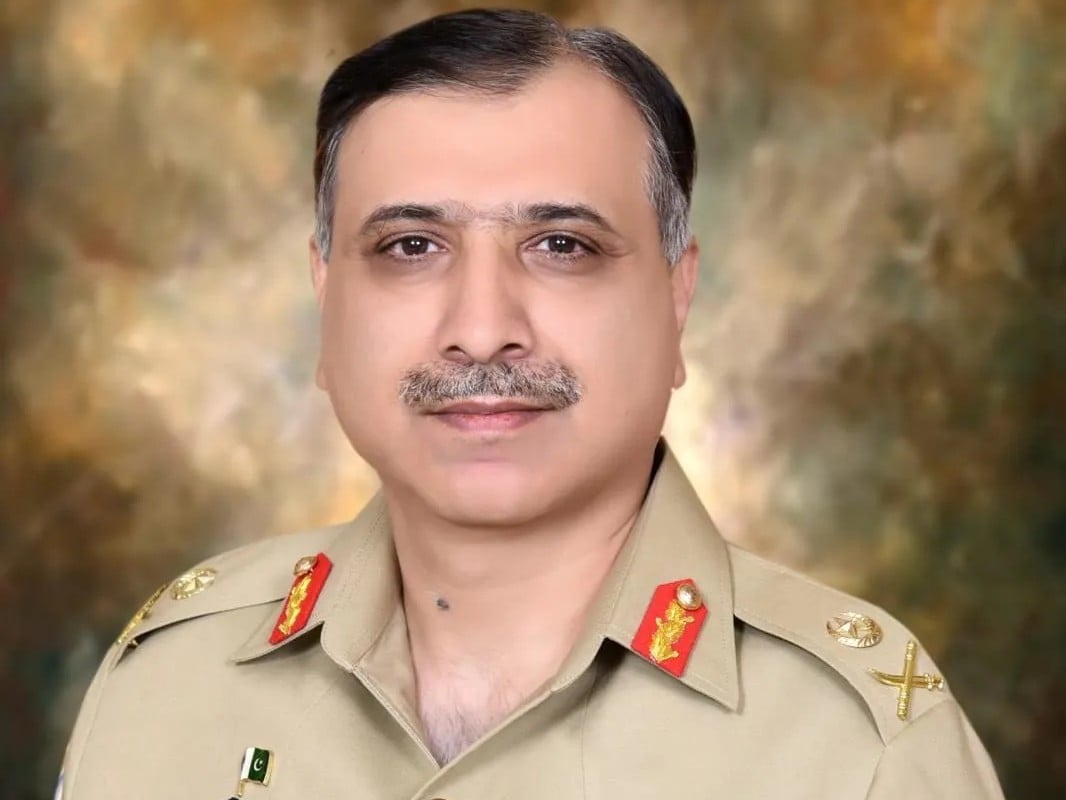In a significant reshuffle within Pakistan’s security hierarchy, Inter-Services Intelligence (ISI) Director General Lieutenant General Mohammad Asim Malik has been appointed as the country’s National Security Adviser (NSA) on an interim basis. This development unfolds amid surging hostility with neighboring India in the aftermath of a devastating terror attack in Pahalgam, Jammu and Kashmir, that left 26 dead and numerous injured.
According to Pakistani media reports, official notification confirming Malik’s new role has been issued. He will now oversee national security strategy alongside his leadership of the ISI, reflecting Islamabad’s heightened urgency to consolidate its counterterrorism apparatus.
Lt General Malik has served as the ISI chief since September 2024. His elevation to NSA comes as Pakistan reportedly fears a swift Indian military response to the April 22 massacre in Pahalgam, which was carried out by Pakistan-based militants linked to Lashkar-e-Taiba through its proxy group, The Resistance Front (TRF). Among the victims were multiple foreign nationals and civilians, including women and elderly tourists, targeted in broad daylight.
Pakistan’s Information Minister, Attaullah Tarar, claimed on Wednesday that New Delhi could initiate military action within the next 24 to 36 hours, citing what he described as “credible intelligence.” Tarar posted on social media platform X, warning that any Indian aggression would be met with a “resolute and proportionate” counteraction, holding India responsible for any potential regional fallout.
The attack has severely strained bilateral relations, prompting India to implement a series of punitive actions. These include suspending the Indus Waters Treaty, reducing Pakistan’s diplomatic staff in New Delhi, shutting Indian airspace to Pakistani flights, and expelling Pakistani military attachés. In a retaliatory move, Islamabad has halted adherence to the Shimla Agreement and initiated corresponding diplomatic downgrades.
Malik’s expanded role is seen as part of Pakistan’s effort to realign its internal security policies, particularly in insurgency-prone areas like Balochistan and Khyber Pakhtunkhwa, while also preparing for potential conflict escalation. Given the current trajectory of India-Pakistan relations, Malik’s dual role places him at the epicenter of a rapidly evolving and high-stakes security scenario.













